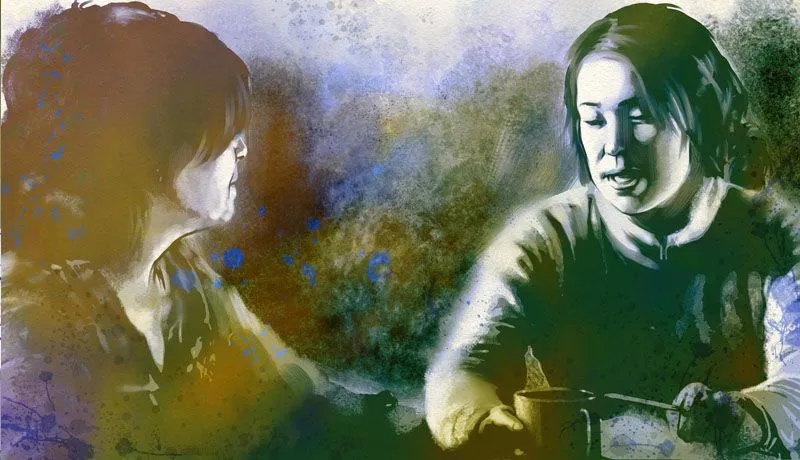5 minutes - Article
As a youth in care, there can be a lot of adults in your life who you may in be in contact with.
From your caseworker to a teacher to other support workers who may be offering help, sometimes, it can feel like a big risk to let adults into your world.
Take it slow
Peter Smyth from Alberta Children’s Services has worked with youth in care in many different roles over the years, including as a caseworker.
“It's an honor to be part of the youth’s lives”, says Peter, “I wanted to be somebody the youth could work with. Somebody who they could let into their world. Over time, it can just unfold. Let’s go to a coffee shop. What's your favorite drink?”
Testing the adults in your life
Youth may sometimes resist help from supports because life experience may have taught them that adults will just let you down. Feelings of abandonment or rejection can be common for youth who have been in care.
“If you've had a lot of people come and go in your life, it's quite rational for you to want to test us and see why you should take the risk of getting to know us.”
Make your voice heard
Peter says he has found that the best caseworker-youth relationships were ones where youth have a real say in what is happening to them.
“It's about being a partner with the youth and building a support network. Making sure they have lots of people in their corner working together, advocating for them and developing plans for what they want to see happen.”
The courage to accept support
Opening up and letting a support network into your life is not easy and takes courage. Peter says he finds that once good connections between adults and youth are there, the problems get easier to solve.
“We don't have all the answers. We need your input to get the answers. And that's OK. We're going to work through that together.”
